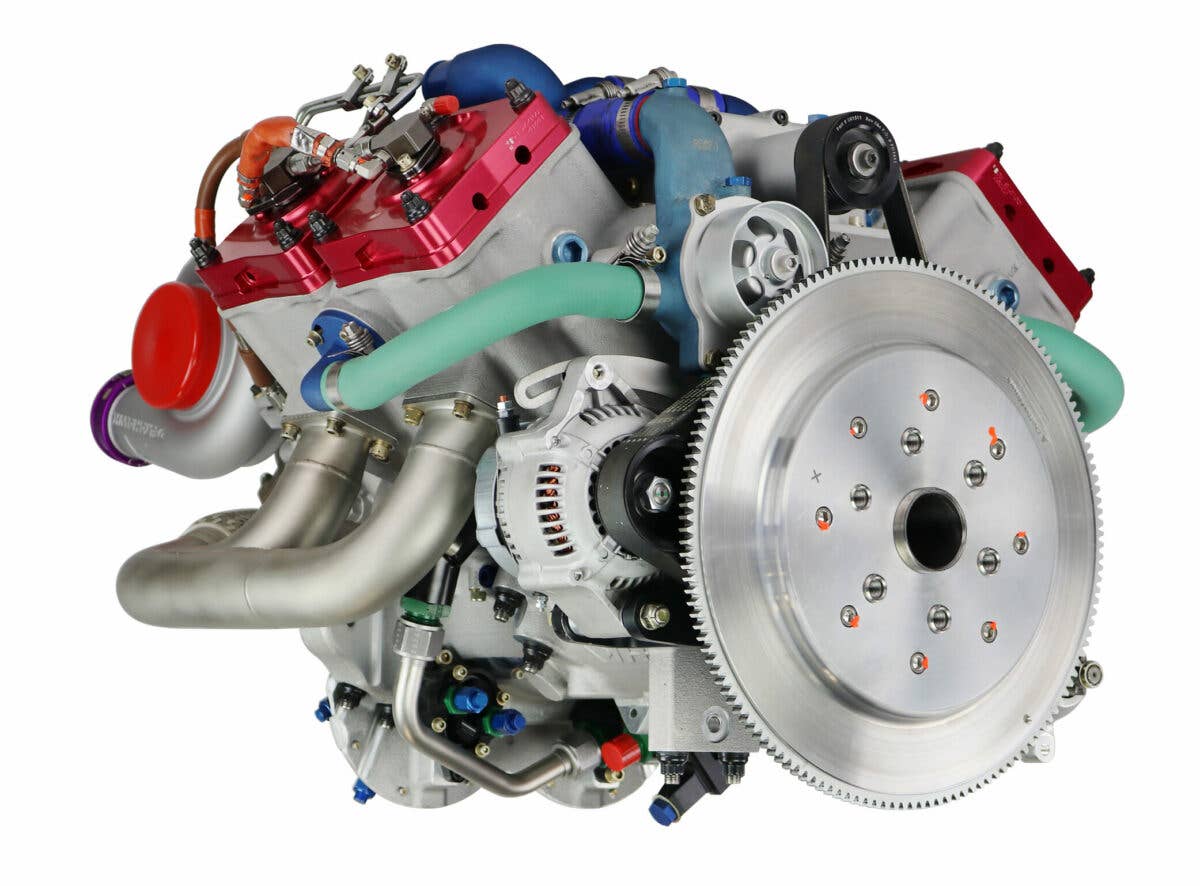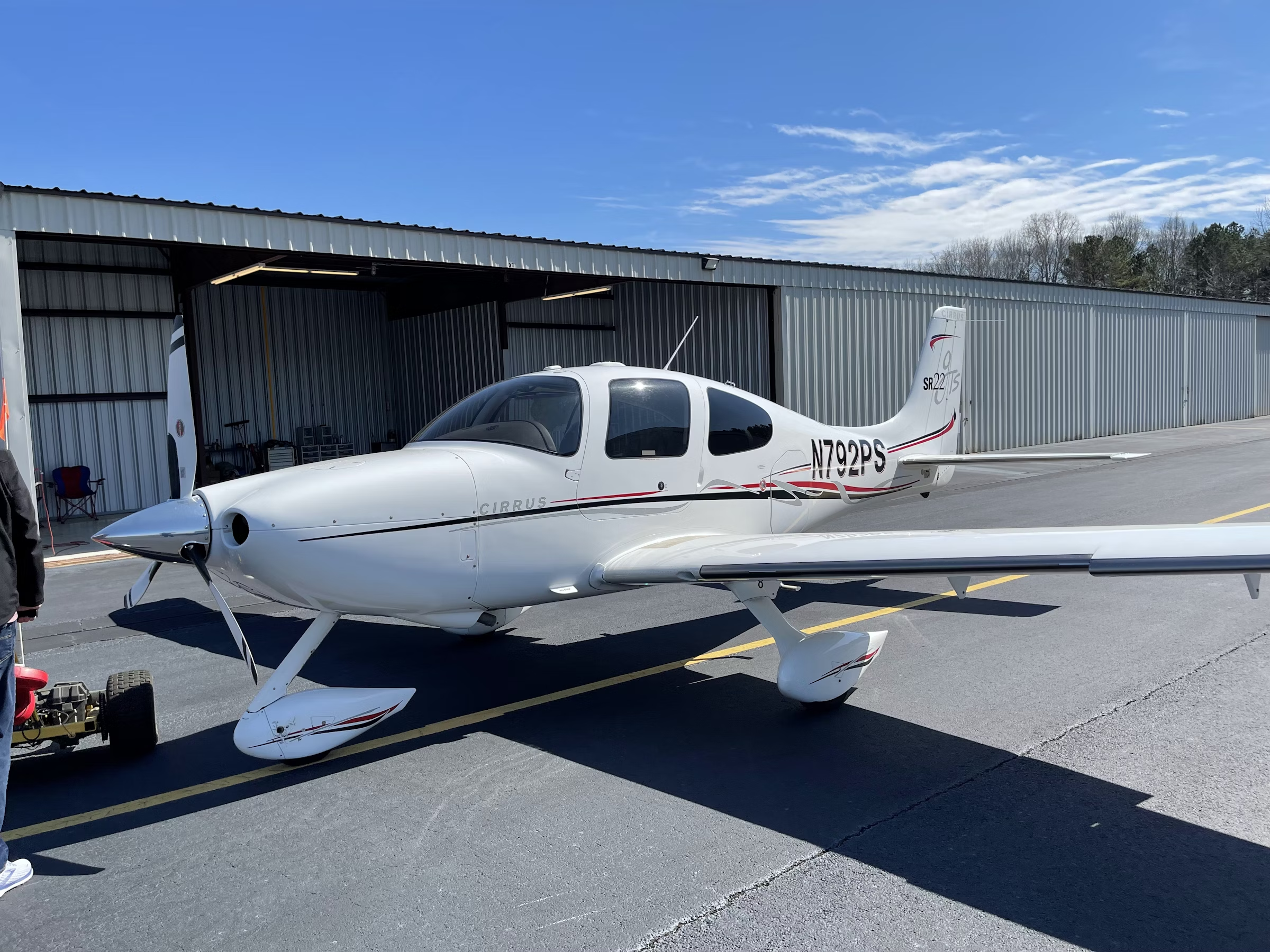DeltaHawk High on Testing of Hydrogen Engine
Variants of DeltaHawk’s FAA-certified piston engine for GA aircraft are being developed for use in hydrogen-powered aviation, commercial road vehicles, and military mobility applications.

Variants of DeltaHawk’s FAA-certified piston engine for GA aircraft are being developed for use in hydrogen-powered aviation, commercial road vehicles, and military mobility applications. Simulations and computer-based testing is underway at the company’s factory in Racine, Wisconsin. [Courtesy: DeltaHawk]
DeltaHawk Engines, the Wisconsin-based builder of an FAA-certified, jet-fueled piston engine for GA aircraft, is encouraged by preliminary testing of its new hydrogen-fueled variant using simulations and computer-based trials.
According to the company, the test results indicate the new engine will have applications in multiple markets in addition to aviation, such as commercial power applications, defense platforms, and zero-emission vehicles.
“Environmental responsibility is a foundational pillar of our company” said Christopher Ruud, CEO of DeltaHawk. “In the general aviation industry, our family of engines are creating a highly reduced net-carbon footprint coupled with airborne lead removal, thanks in large part to their fuel efficiency and capability to burn next-generation sustainable aviation fuels [SAFs]. Now with our planned ability to expand our engine family to include variants that will utilize hydrogen fuel in aviation, commercial, and military applications, we’ve taken another major step toward environmental sustainability, climate neutrality, and a zero-emissions future.”
About the Company
Since its founding in 1996, DeltaHawk said it has been striving to create a cleaner, more efficient, engine for the GA market. The company holds numerous patents for its clean-sheet engine designs.
According to the company, the use of proven internal combustion engine (ICE) technology with hydrogen fuel replaces more expensive, highly infrastructure-reliant fuel cell systems. That allows for a significantly reduced power degradation curve over time compared to current fuel cell technology, providing better fuel economy than fuel cells after the initial period.
DeltaHawk said its compact, lightweight, and durable design, based on patented two-stroke technology, makes this new engine family an ideal solution for hydrogen fuel.
More information on the company website is available here.

Sign-up for newsletters & special offers!
Get the latest FLYING stories & special offers delivered directly to your inbox






